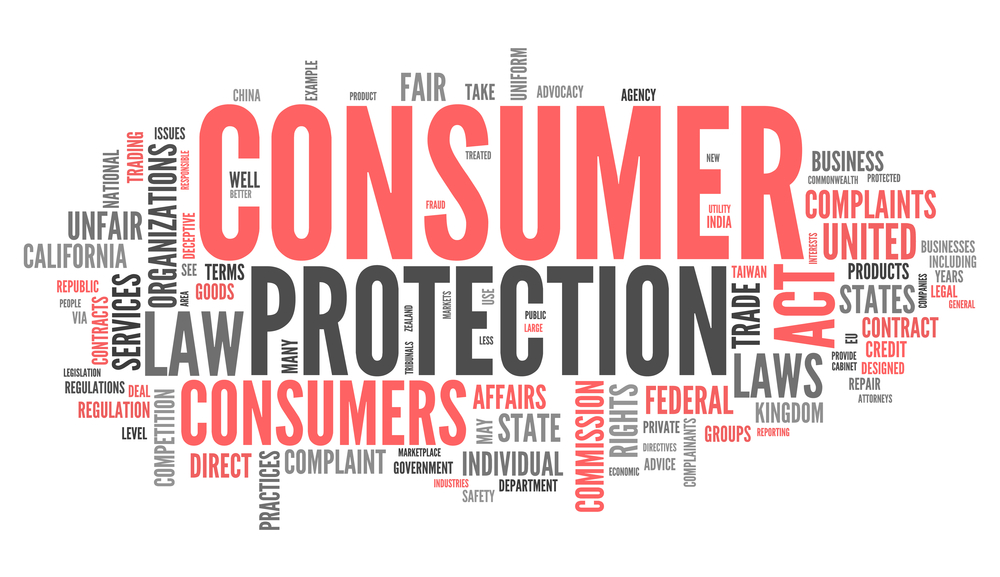File a complaint against a company: Nigerian customers are growing more conscious of their rights in an ever-changing business environment. They are putting fair treatment demands on businesses.
However, many people are unaware of how to communicate their concerns when they encounter subpar goods or services.
This article gives customers the strength to stand up for their rights and find a solution by providing a thorough how-to guide for complaining about a company in Nigeria.
To learn how to file a complaint against a company in Nigeria and get your right protected, just read on.
How to File a Complaint Against a Company in Nigeria
The following are the steps to take in filling a complaint against a company in Nigeria:
1. Recognize Your Rights: Know the Laws Protecting Consumers
As you plan to file a complaint against a company, it is imperative that you get informed with Nigeria’s consumer protection legislation prior to making a complaint.
Protecting the interests of consumers is the regulatory responsibility of the Consumer Protection Council (CPC).
The Council makes sure businesses follow moral business practices and upholds laws that shield consumers from unfair trade practices.
2. Have Proof
As you plan to file a complaint against a company, put up a powerful argument. Collect any pertinent evidence to support your allegation. This might include invoices, product packaging, business correspondence, or any other supporting documents for your claim.
The likelihood of a successful outcome is greatly increased in cases with extensive documentation.
3. Get in Direct Contact with the Company
This is the next step to consider as you plan to file a complaint against a company. This deals with using up all internal channels. Try resolving the problem directly with the firm before contacting any outside parties.
The majority of businesses have dedicated complaint resolution channels or customer service divisions. Give a concise explanation of your concerns, back them up with facts, and ask for a prompt resolution.
4. Taking Your Complaint to the Appropriate Authorities
It’s time to take the situation to the Consumer Protection Council if you are unable to fix the issue with the company directly.
Check out the CPC’s official website or get in touch with their offices to find out the exact steps involved in making a complaint. Give specific details regarding your issue and include all necessary supporting evidence.
5. Examine Your Options for Alternative Dispute Resolution (ADR)
The Consumer Protection Council supports the use of mediation and other alternative dispute resolution procedures.
ADR provides a less formal, more friendly method of resolving conflicts. The CPC might assist in mediating a resolution that is acceptable to both of you and the business.
5. Take Legal Action as a Final Option
Should everything else fail and your complaint is not resolved, you can think about filing a lawsuit. To determine whether to file a case in a court of law, speak with an attorney.
Keep in mind that going to court may be costly and time-consuming, so it’s best to explore all alternative avenues before going down this path.
6. Leverage on Social Media and Online Platforms
As you plan to file a complaint against a company, leveraging the influence of public opinion can go a long way. In the era of social media, customers have access to an effective instrument.
In order to bring attention to the company’s actions, share your experience on social media and internet platforms.
Businesses frequently pay attention to what the public thinks and may act quickly to resolve a problem.
Bottom Line
In Nigeria, registering a complaint against a firm necessitates a methodical procedure, beginning with being aware of your legal rights and assembling proof.
READ ALSO:
- International Driving Permit: Meaning, Facts and More
- Police Clearance Certificate: Easy Steps How to Obtain It
- Apply for Police Clearance Certificate in Nigeria
- How to Jumpstart a Car in 7 Easy Steps
- Vehicle Paper Renewal
While speaking with the business directly is the first step, there may be a resolution if you take the issue further and consult the Consumer Protection Council as well as look into other methods for resolving disputes.
Using the power of internet platforms to raise awareness of your problems can be an additional tactic before resorting to legal action.
Customers can actively support ethical company practices and safeguard their rights by carefully navigating this process.




